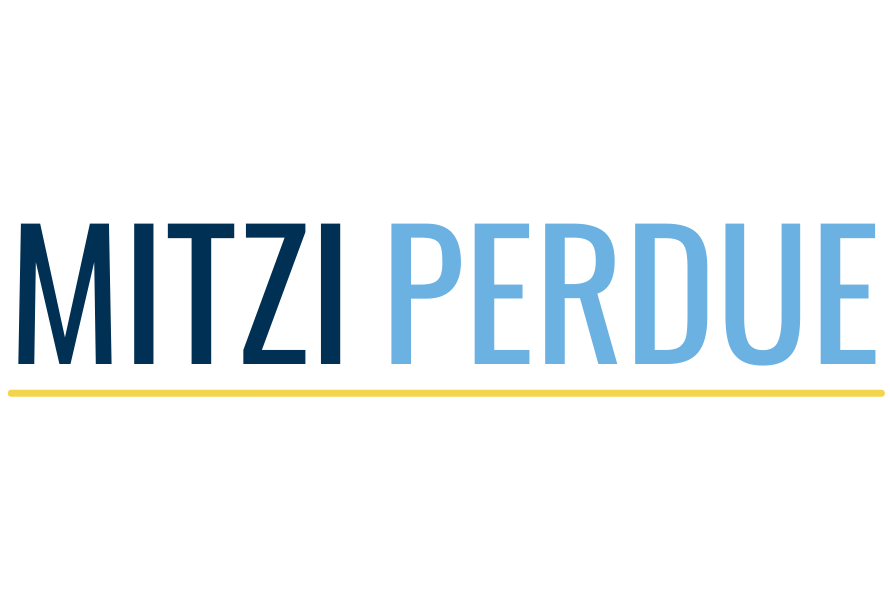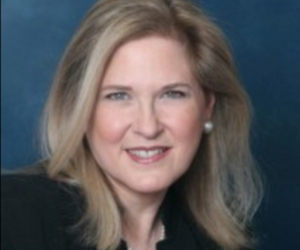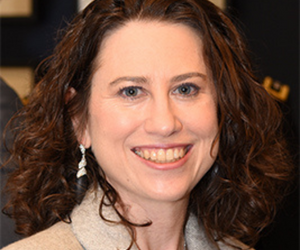Breast Cancer and Your Immune System
Want a sobering statistic?
If you’re a woman, you have a one in eight chance of getting breast cancer during your lifetime.
Dr. Patricia Riley, Medical Director of the Breast Diagnostic Center at PRMC, can treat you if you get the disease, but she’d much rather keep you from getting the disease in the first place. However, one of the problems with prevention is, in only a few instances can we be sure of what causes breast cancer.
As she points out, “We know, for example, that flight attendants have a higher incidence of breast cancer, and the reason is radiation. At high altitudes, there’s less atmosphere available to block damaging radiation.”
She goes on to say, “If you fly between and LA and New York, you’ll get the equivalent radiation of one mammogram. For an individual making an occasional trip, it’s virtually nothing, but for women doing this consistently, day after day, year after year, the exposure becomes significant.”
Genetics
Genetics is another cause of breast cancer. According to Riley, about 10% of breast cancers are clearly genetic.
However, as she quickly points out, that means 90% of the women with breast cancer don’t have a family history of it. “Unfortunately, the press plays up the genetics part,” she says, “and women start assuming that if it doesn’t run in their family, that they have only a remote risk of it. But the reality is, 90% of the women with breast cancer have no family members with it.”
We know about radiation and genetics as causes of breast cancer, but in many other important areas, Riley says we’re less sure of the causes. “The question of whether hormones increase your risk of breast cancer is unresolved,” she points out. “Some studies show that yes, taking hormones increases your risk and others have shown that no, it doesn’t.”
Hormonal Levels
There are also other intriguing studies such as ones that show a relationship between developing breast cancer and having had children at a young age. Other studies show increased risk for women who started their periods earlier in life and went through menopause later in life.
“We think this is related to the amount of hormones in their bodies,” Riley says. “There’s also the observation that women who are overweight are more at risk, and we know that having extra fat increases hormonal levels.”
Decreasing the Risk
Although there’s a lot we don’t know about the causes of breast cancer, Riley believes there’s still a lot we as individuals can do to decrease our risks.
Her clinical experience convinces her that a person with a strong immune system is less likely to get the disease.
How can you strengthen your immune system? She urges us all to eat at least five servings of fruits and vegetables a day, get at least 30 minutes of exercise most days, don’t smoke, and reduce the stress in our lives.
For her, stress reduction is a particularly important part of this mix. “I can’t tell you how often a patient tells me ‘Two years ago I went through a terrible divorce’, or ‘I lost my job.’” Riley would like all of us to work on the spiritual side of our lives so that when stressful times come, we have something bigger than ourselves to fall back on.
Patricia Riley’s Wish List
That we’d all do “the same old stuff you’ve heard for years and years. Exercise, eat your fruits and vegetables, watch your weight, and have a mammogram every year after age 40.”
Search Articles
Latest Articles
The Script That Changed History: Zelensky’s Servant of the People
https://www.fairobserver.com/world-news/ukraine-news/the-script-that-changed-history-zelenskys-servant-of-the-people/ Publication – fairobserver.com
Russia’s Insidious War Against the West Is Propaganda
https://www.newsmax.com/politics/icc-miskyi-propaganda/2024/03/08/id/1156570/ Publication – newsmax.com
Investment Follows Trust: How Will Ukraine Rebuild Post-War?
https://www.realclearmarkets.com/articles/2024/03/07/investment_follows_trust_how_will_ukraine_rebuild_post-war_1016584.html Publication – realclearmarkets.com
Investment Follows Trust: How Will Ukraine Rebuild Post-War?
https://www.realclearmarkets.com/2024/03/07/investment_follows_trust_how_will_ukraine_rebuild_post-war_1016592.html Publication – realclearmarkets.com
Subscribe to Updates
About Author

Mitzi Perdue is the widow of the poultry magnate, Frank Perdue. She’s the author of How To Make Your Family Business Last and 52 Tips to Combat Human Trafficking. Contact her at www.MitziPerdue.com
All Articles
The Ultimate Soft Skill for Management: EMPATHY
The Ultimate Soft Skill for Management: EMPATHY Want a surprising statistic? (For a hint, it has to do with soft skills.) Eighty-five percent of management success depends on people skills. Cynthia W. Lett, the woman who gives this statistic, has been advising...
Family Businesses Can Learn from Military History
Family Businesses Can Learn from Military HistoryMilitary Culture My late husband was fascinated by military culture, and you could often find him reading the biographies of famous generals. His fascination stemmed from his interest in human motivation. He often...
Family Quarrels & Mediation–Pull Back from the Brink
Family Quarrels & Mediation– Pull Back from the BrinkI hope you’re not reading this because you’re up against a family quarrel. The pain of a family quarrel can permeate every hour of every day. The fallout has the potential of threatening everything we all hold...
What Family Businesses Can Learn From Military Culture
What Family Businesses Can Learn From Military CultureFor longevity and having an extraordinarily strong culture, few organizations can match our military. The military culture of our armed services began before the founding of our country, and it survives to this...
Four Sure-Fire Ways to Stand out in Your Career
Four Sure-Fire Ways to Stand Out in Your CareerA young man in a class I was addressing at a Columbia University business class asked me a poignant question. “How do I stand out in my career?” He was in his mid-twenties, professionally dressed, and his body language...
Family Stories Keep Families Together
Family Stories Keep Families TogetherJackie Kennedy Onassis once said: “If your children turn out well, nothing else matters. If your children turn out badly, nothing else matters.” Having the young people in your life turn out well is as important as anything else...






